As inflation slows down, paving the way for a soft landing that seems increasingly unlikely, the global economy is heading towards the end of the year with unexpected tailwinds. Despite the improving economic situation, political obstacles lie ahead. There is also the worrying backdrop of surging government debt and escalating tensions in the Middle East.
This is the context in which finance ministers and central bank governors from around the world are gathering in Washington this week for the annual meetings of the International Monetary Fund (IMF) and the World Bank. In her speech on the 17th, IMF Managing Director Kristalina Georgieva said, "Don't expect any victory parties. I expect people will leave here a little more inspired and a little more scared - hopefully, they will act with full force out of fear."
The Organisation for Economic Co-operation and Development (OECD) said that the unemployment rate in advanced economies remains unchanged from 2022, when central banks began raising borrowing costs at the fastest pace in decades.
Bloomberg's economics department forecasts that global GDP will grow by 3% this year, lower than the 3.3% in 2023, but far exceeding the pessimistic forecasts at the beginning of the year.
American consumers continue to spend, and American businesses continue to hire. Although demand is weakening across Europe, the economy should continue to grow.
At the same time, Chinese policymakers have introduced stimulus measures to support the real estate industry. Although these measures may not have met the hopes of bullish stock traders, they should be sufficient to help the economy approach this year's growth target of around 5%.
The resilience of the world's major economies is about to be tested. According to a joint analysis by Wendy Edelberg of the Brookings Institution and Maurice Obstfeld of the Peterson Institute for International Economics, this is a prescription that will cause "business chaos."
European manufacturers are already struggling due to weak demand, and if Chinese goods manage to enter the region, Europe will face greater damage. Since the pandemic, investment has never fully recovered, and it began to decline at the end of last year. Despite strong wage growth, easing inflationary pressures, and a so far stable labor market, personal spending remains sluggish.On the 17th, the European Central Bank (ECB) cut interest rates for the third time since June, suggesting that inflation will return to the 2% target earlier than previously forecasted, and expressing confidence that a recession can be avoided. After making this decision, President Christine Lagarde said to reporters, "We are still considering the possibility of a soft landing." She also stated that a new trade war would jeopardize such an outcome. "Any restrictions, any uncertainties, any trade barriers are very critical for an economy as open as Europe's."
As the shadow of a trade war looms, the flames of war in Ukraine and the Middle East continue to burn. If a full-scale war breaks out in the Middle East, the consequences would far exceed the region itself. Bloomberg's economic department estimates that if oil prices reach $100 per barrel and financial markets take risk-averse actions, it would lead to a 0.5 percentage point decrease in global economic growth over the next four quarters and a 0.6 percentage point increase in inflation.
Another risk is debt. Whenever the next economic slowdown occurs, the response options for governments will be reduced. The IMF estimates that by the end of this year, global public debt will reach $100 trillion, which is 93% of global GDP. It warns that governments need to make tough decisions to stabilize borrowing.
Former ECB Chief Economist Peter Praet said, "How can a soft landing be achieved in a fragmented world? I believe that the United States or any economy cannot achieve a soft landing in the current environment; there will be shocks."
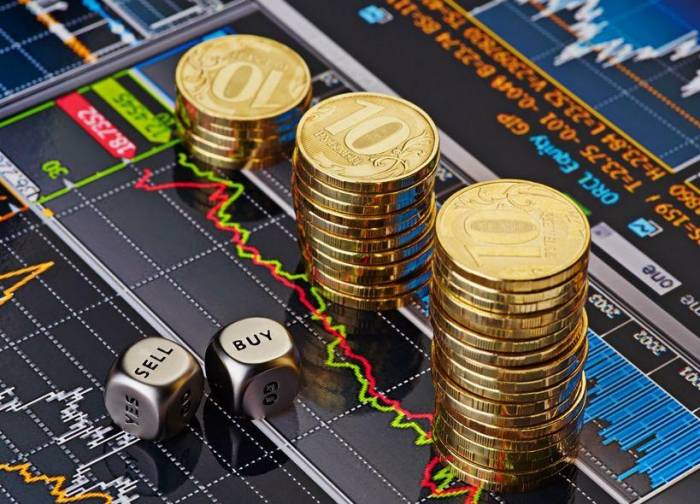
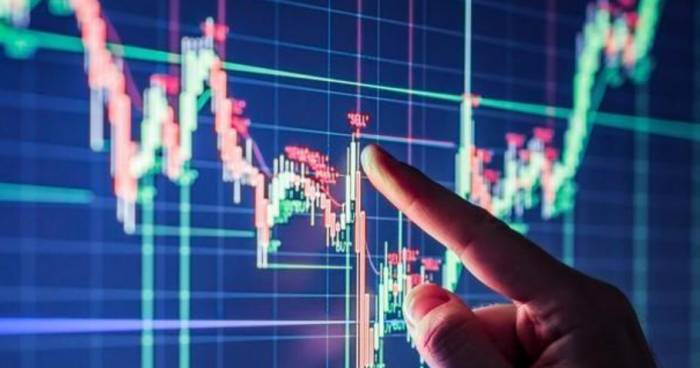

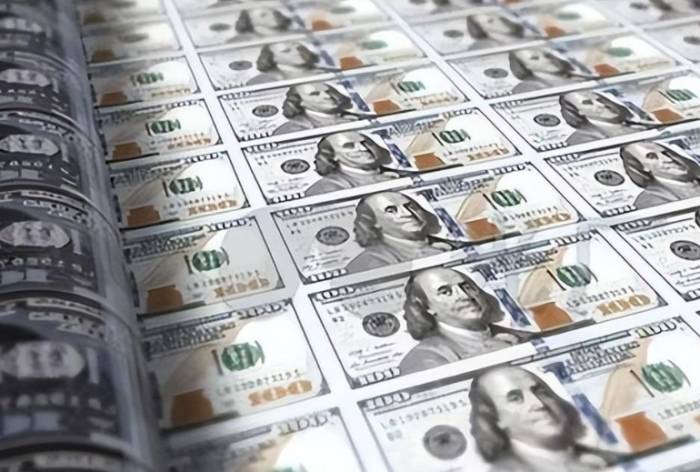


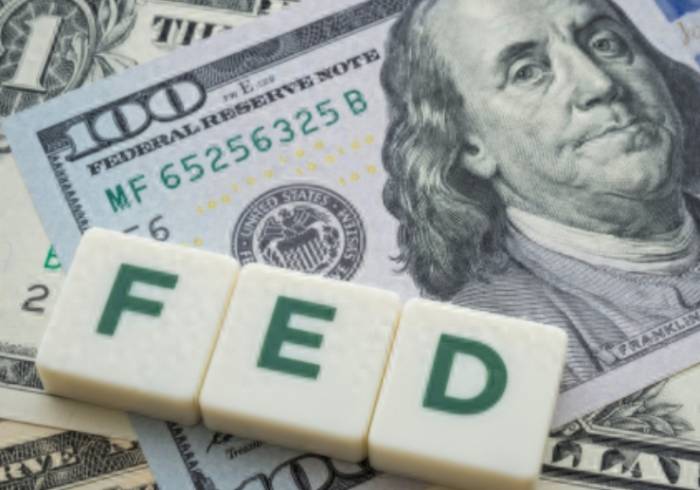

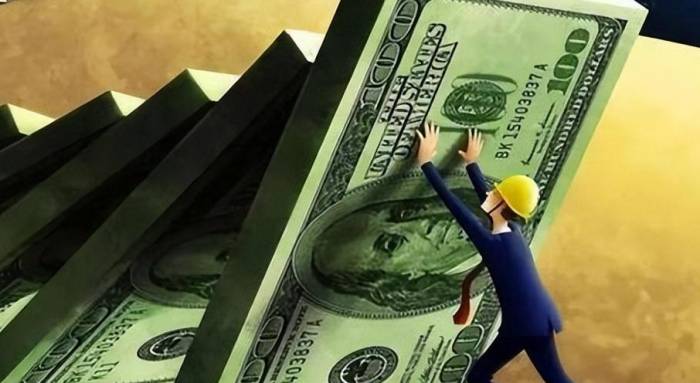
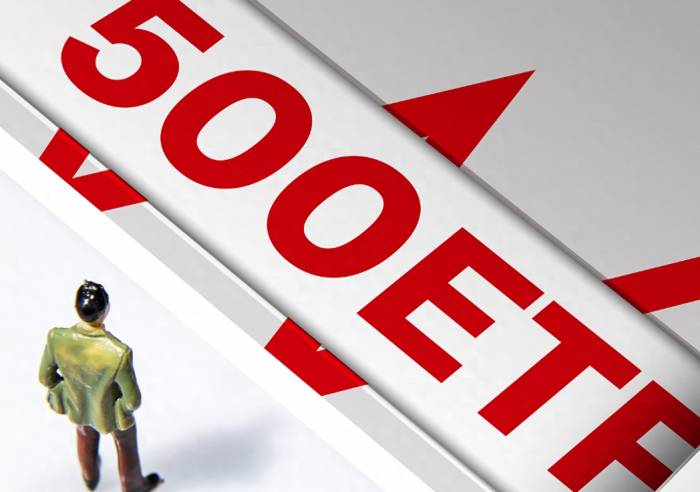
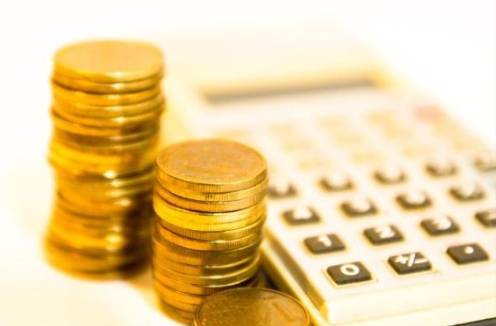
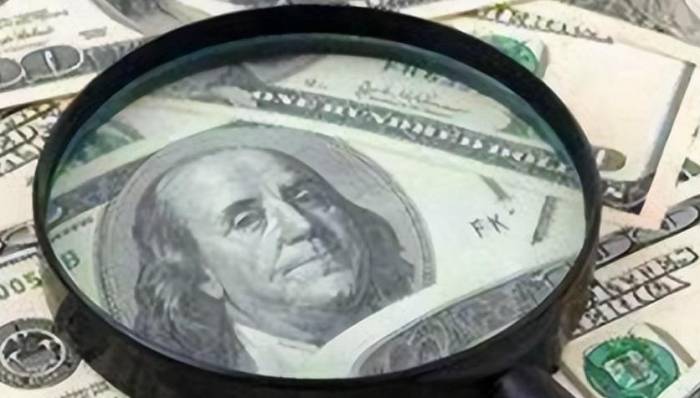

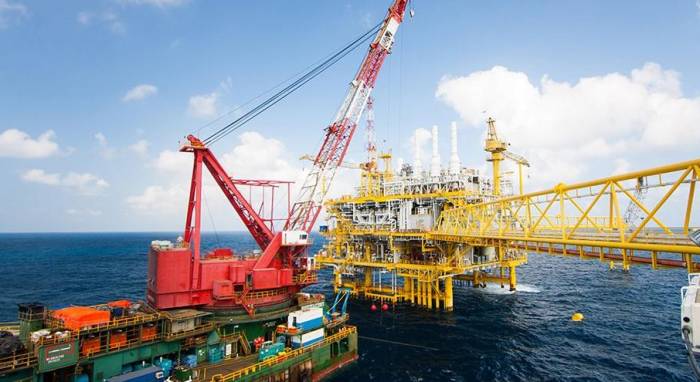

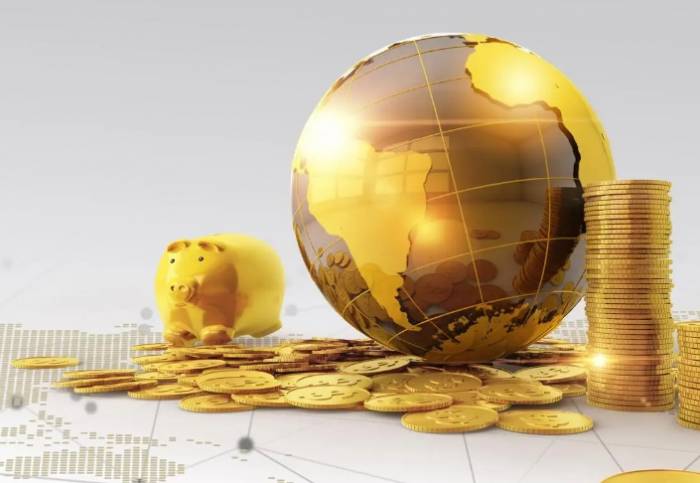
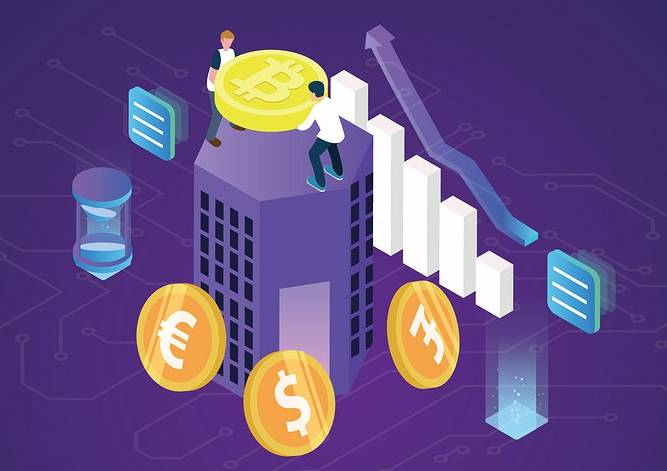
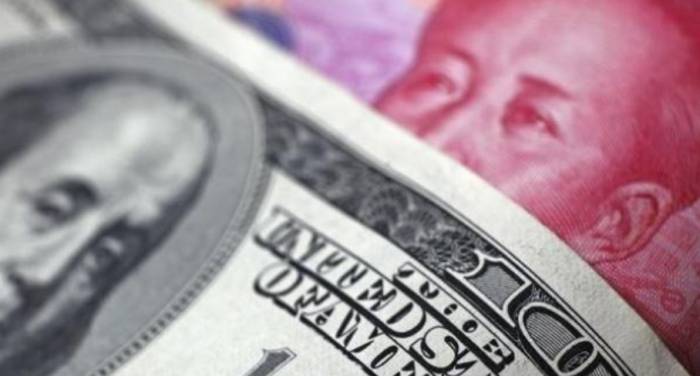
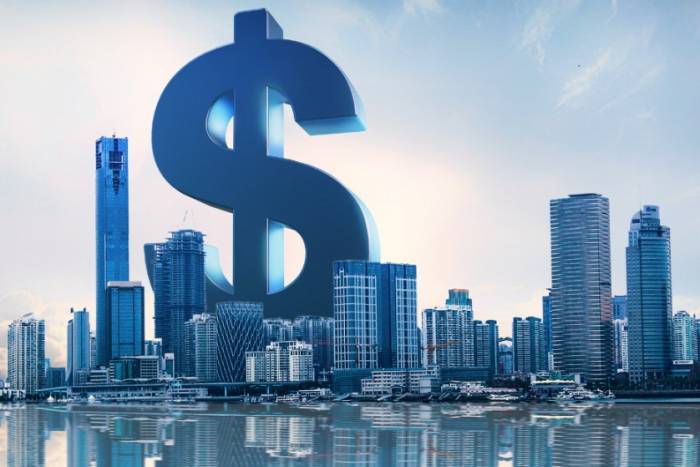

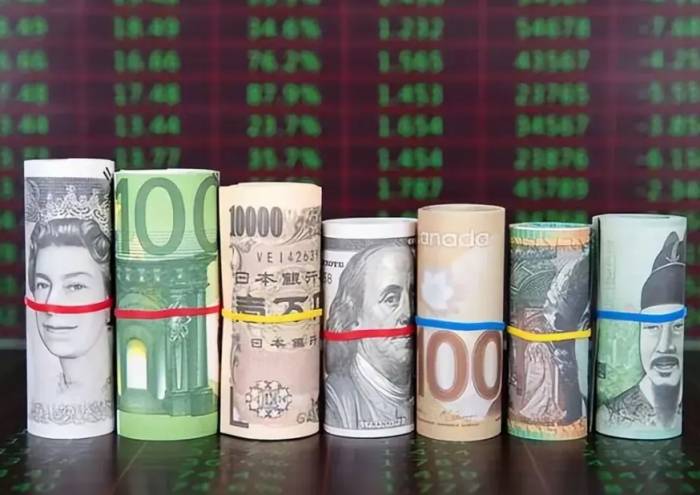


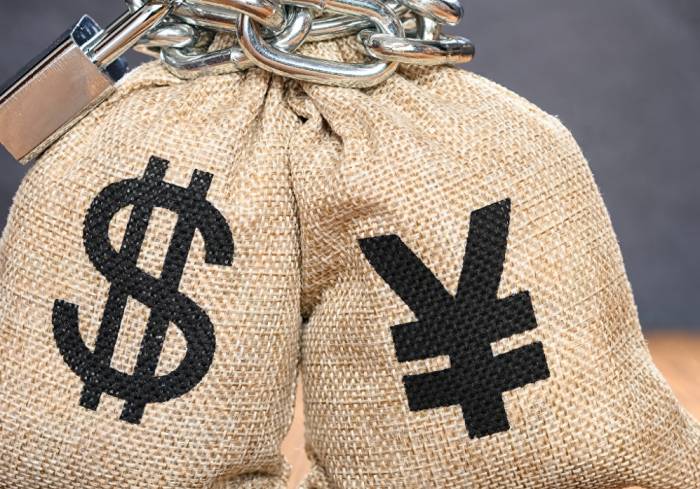
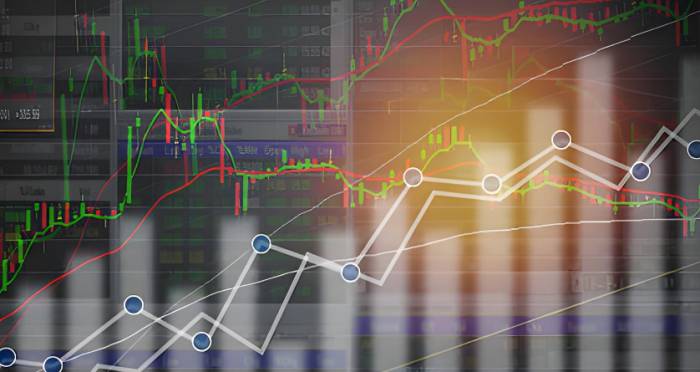

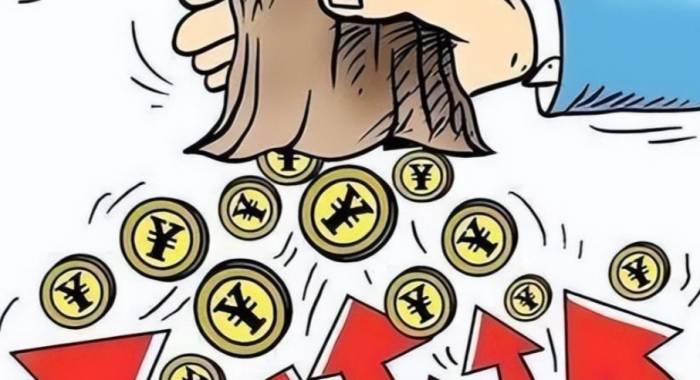
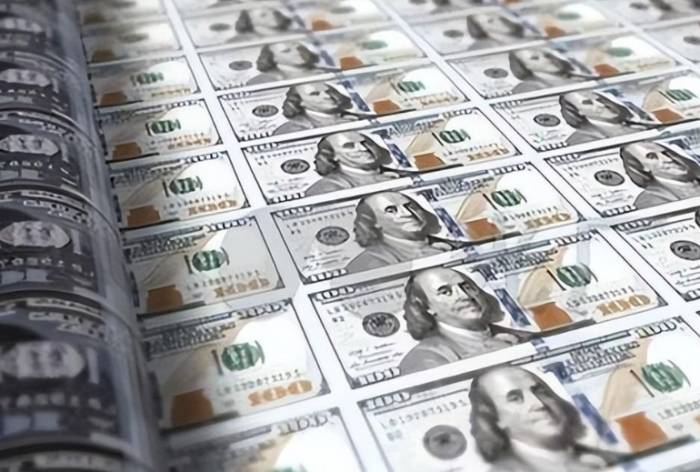
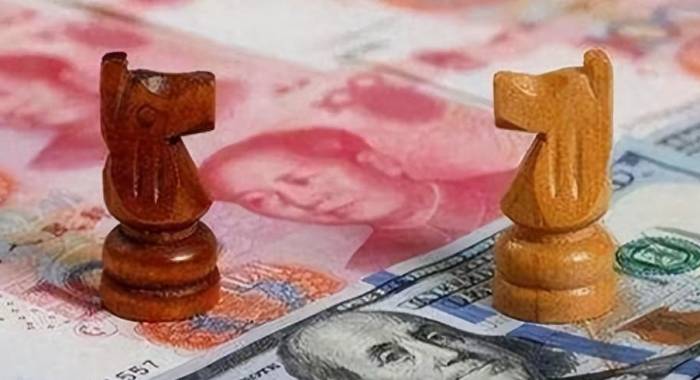
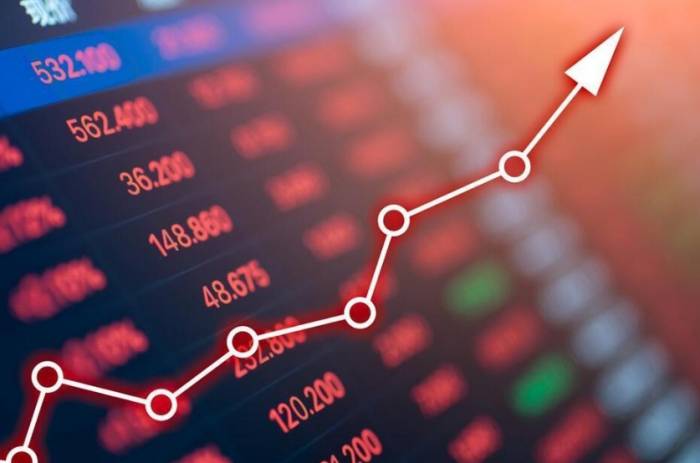
Comments
Leave a Comment